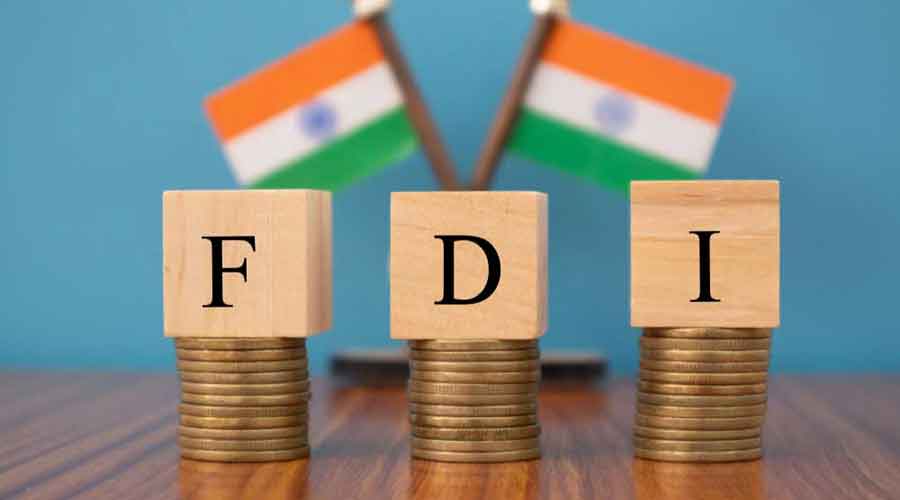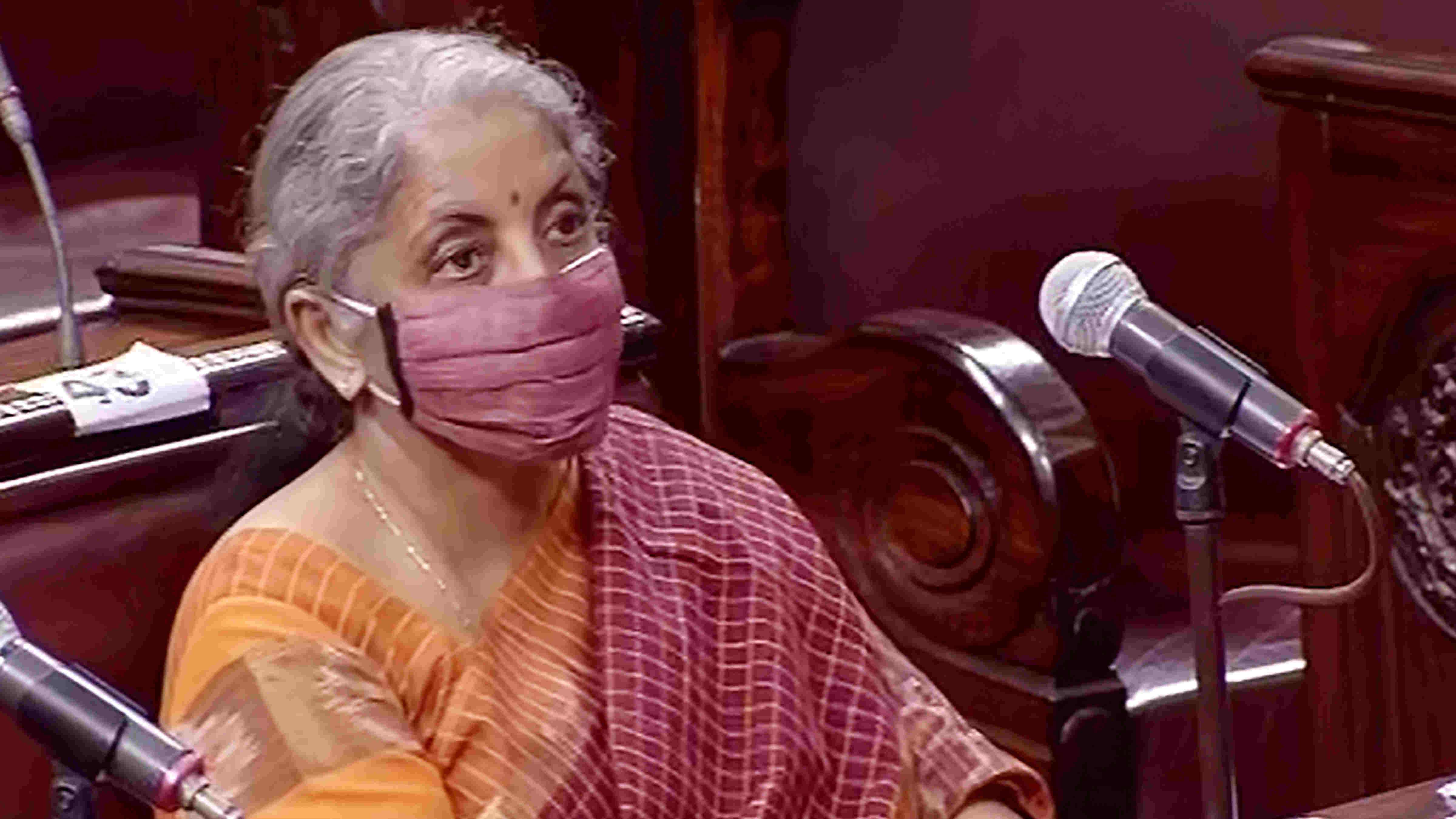The government may hike the foreign direct investment (FDI) limit in the pension sector to 74 per cent and a Bill in this regard is expected to be tabled in the next Parliament session, according to sources.
Last month, Parliament approved a bill to increase the FDI limit in the insurance sector to 74 per cent from 49 per cent. The Insurance Act, 1938 was last amended in 2015 which raised the FDI limit to 49 per cent, resulting in foreign capital inflow of Rs 26,000 crore in the last five years.
Amendment to Pension Fund Regulatory and Development Authority (PFRDA) Act, 2013, seeking to raise the FDI limit in the pension sector may come in the monsoon session or winter session depending on various approvals, sources said.
At present, FDI in the pension fund is capped at 49 per cent. Besides, sources said, the amendment bill may contain separation of NPS Trust from the PFRDA.
The powers, functions and duties of the NPS Trust, which are currently laid down under the PFRDA (National Pension System Trust) Regulations 2015, may come under a charitable trust or the Companies Act, they said.
The intent behind this is to keep NPS Trust separate from the pension regulator and a managed by a competent board of 15 members. Out of this, the majority of members are likely to be from the government as they, including the states, are the biggest contributor to the corpus.
The PFRDA was established to promote and ensure orderly growth of the pension sector with sufficient powers over pension funds, the central record-keeping agency and other intermediaries. It also safeguards the interest of members.
The National Pension System (NPS) was introduced by the Government of India to replace the defined benefit pension system.
NPS was made mandatory for all new recruits to the central government service from January 1, 2004, (except the armed forces in the first stage) and has also been rolled out for all citizens with effect from May 1, 2009, on voluntary basis.
The government had made a conscious move to shift from the defined benefit, pay-as-you-go pension scheme to defined contribution pension scheme, NPS, due to rising and unsustainable pension bill. The transition aimed at freeing the limited resources of the government for more productive and socio-economic sectoral development.
The Centre, meanwhile, has said additional payout under the Employees’ Pension Scheme, 1995 can only be possible if there is budgetary support as otherwise the scheme will be unviable.
Labour minister Santosh Gangwar has stressed the importance of government support to increase the payout in a written reply to the Lok Sabha last month.












